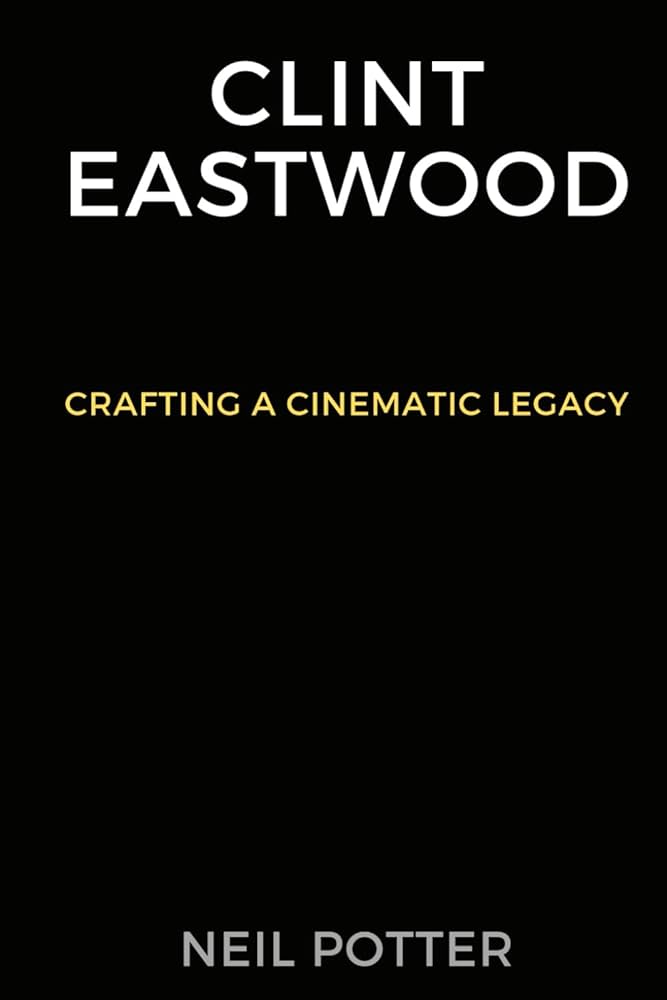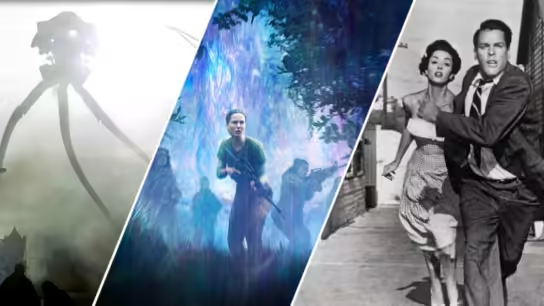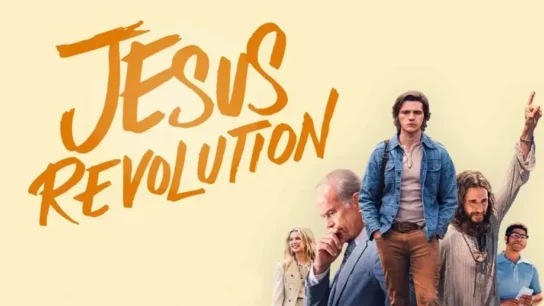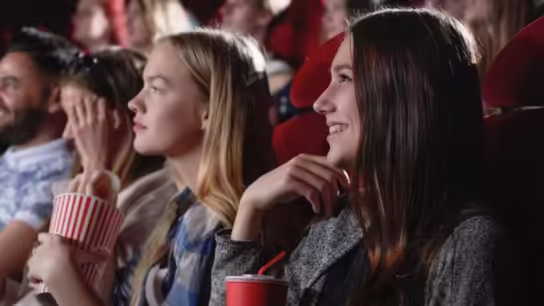Clint Eastwood stands as a colossus in the realm of cinema, with a career spanning over six decades. From his early days as a rugged cowboy in spaghetti westerns to his transition into a prolific director and actor, Eastwood’s influence on Hollywood is immeasurable. Throughout his illustrious career, he has crafted a diverse array of films that captivate audiences with their raw emotion, gripping storytelling, and unforgettable characters. Let’s embark on a journey through some of the most iconic movies that define the legend of Clint Eastwood.
- “A Fistful of Dollars” (1964): Eastwood’s portrayal of the mysterious, cigar-smoking gunslinger, known as the Man with No Name, catapulted him to international stardom. Directed by Sergio Leone, this spaghetti western marked the beginning of Eastwood’s collaboration with the acclaimed Italian filmmaker. With its innovative cinematography, gritty realism, and Ennio Morricone’s haunting score, “A Fistful of Dollars” redefined the western genre and established Eastwood as a cinematic icon.
- “The Good, the Bad and the Ugly” (1966): The final installment of Sergio Leone’s “Dollars Trilogy” cemented Clint Eastwood’s status as the quintessential cowboy anti-hero. Set against the backdrop of the Civil War, the film follows three gunslingers on a quest to find buried Confederate gold. Eastwood’s portrayal of the laconic and morally ambiguous “Blondie” remains one of his most iconic roles. “The Good, the Bad and the Ugly” is celebrated for its epic scope, memorable score, and iconic showdowns, solidifying its place in cinematic history.
- “Dirty Harry” (1971): In “Dirty Harry,” Eastwood introduced audiences to the no-nonsense San Francisco police detective, Harry Callahan. Directed by Don Siegel, this gritty crime thriller became a cultural phenomenon and spawned a successful franchise. Eastwood’s portrayal of the tough-as-nails cop, known for his iconic .44 Magnum revolver and famous catchphrase, “Go ahead, make my day,” resonated with audiences and influenced countless action films to come. “Dirty Harry” remains a classic of the genre, showcasing Eastwood’s versatility as an actor.
- “Unforgiven” (1992): Directed by and starring Clint Eastwood, “Unforgiven” is a revisionist western that deconstructs the mythology of the Old West. Eastwood plays William Munny, a retired gunslinger who reluctantly takes on one last job to earn money for his family. The film explores themes of redemption, violence, and the consequences of one’s actions. “Unforgiven” received widespread critical acclaim, winning four Academy Awards, including Best Picture and Best Director. It stands as a testament to Eastwood’s mastery of the western genre and his ability to subvert audience expectations.
- “Million Dollar Baby” (2004): “Million Dollar Baby” marks Clint Eastwood’s triumphant return to the director’s chair and earned him widespread acclaim as both a filmmaker and actor. The film tells the story of Maggie Fitzgerald (Hilary Swank), a determined young woman who aspires to become a professional boxer, and her relationship with her grizzled trainer, played by Eastwood. With its poignant storytelling, powerful performances, and emotional depth, “Million Dollar Baby” won four Academy Awards, including Best Picture and Best Director. It further solidified Eastwood’s reputation as one of Hollywood’s most talented filmmakers.
Conclusion: Clint Eastwood’s contributions to cinema are unparalleled, spanning multiple genres and generations. Whether as an actor, director, or both, he has left an indelible mark on the film industry. From his early spaghetti westerns to his later works exploring themes of redemption and morality, Eastwood’s movies continue to captivate audiences around the world. As we reflect on his illustrious career, one thing remains certain: the legend of Clint Eastwood will endure for generations to come.





